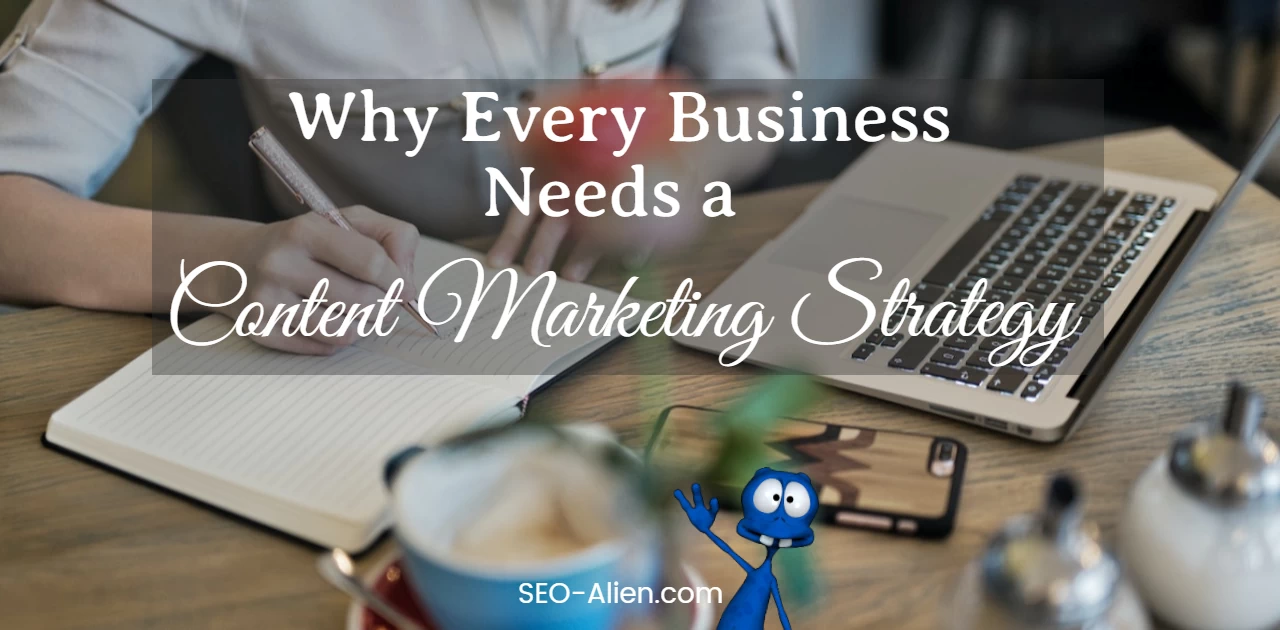If you're just starting a business or have been in the industry for quite a while, you must know how content marketing can contribute to your growth.
Nowadays, prospective leads, existing customers, and people, in general, look for quality content in a business. Content that is highly relevant, relatable, entertaining, and filled with valuable information.
However, it’s only possible to make compelling content that will engage audience in a way that feels natural and organic if you have a content marketing strategy.Luckily, this blog will explore more about what you need to know about content marketing and how having a strategy makes a difference. We’ll also help you craft your content marketing strategy. Be sure to keep on reading to learn more.
What is Content Marketing?
Content marketing is the process of creating and distributing content on various channels. Its goal is to reach your target audience, increase brand awareness, engagement, and loyalty, and drive sales. Some content marketing examples include blogging, social media posts, infographics, videos, paid ads, and podcasts. Doing content marketing can benefit your company in many ways, such as:
- Generating leads
- Increasing brand visibility
- Building audience trust and loyalty
- Improving conversions
Why Having A Content Marketing Strategy Important?
Haphazardly creating content is not enough for your business to succeed. You must have a strategy to use those videos, written, or audio content effectively. For instance, assume that one of your business's objectives is increasing brand awareness. To achieve that goal, you might employ an SEO-focused content strategy to improve the visibility of your website on search engine results pages (SERPs) and increase traffic to your products and services.
Basically, your content strategy is the foundation of how all your produced content will go. It will help you establish clear success criteria, create comprehensive processes, and achieve specific goals. Thus, it’s important for every business to have a content marketing strategy to ensure that their efforts on creating content will not be put in vain.Now that we’ve learned its importance to your business, let’s dive into the steps of developing a content marketing strategy.
How To Create A Content Marketing Strategy
1. Identify Your Goals.
Before anything else, you have to identify your goals. Answer questions like, "What would you want to achieve in your content?" Define the success metrics of each content you intend to produce and share. For instance, you can use organic traffic, the number of leads, and revenue as your primary metrics. Then use its ranking as your secondary metrics. By knowing your goals, you'll have an easier time planning what's next and how to achieve those goals that you've set.
However, you must always consider your team's capacity and the budget available for your content marketing. After all, your strategies' outcomes are always unknown until your contents are already shared on the internet. Thus, it's crucial to stay within the available budget and just be creative and maximize your current resources.
2. Define Your Target Audience.
The only way to craft the perfect blog post is by first knowing who your target audience is. It will form the base of your overall content marketing strategy. Thus, you must do extensive research on your buyer personas—learn about their demographics, interests, and needs. With all the data you've gathered, you then begin to tailor your content around that information. That way, you'll be able to create a content that's relevant and valuable to them, which increases the chances of conversion.
3. Brainstorm Content Ideas.
The next step would be brainstorming ideas. Aside from researching topics relevant to your target audience, it's also ideal to be updated with the trends dominating the internet today. These can help you create contents that can relate to a wider audience, increasing your lead pool. You can also attend leadership summits to gain valuable insights and ideas that you can use for content marketing.
4. Build A Content Plan.
Once you have topics in mind, it's time to plan out how your content will be—whether in a blog, podcast, social media post, paid ad, etc. It's also the phase when you must do topic clustering. This way, you'll easily build authority on a particular topic if you have lots of content around it. Also included in this plan is content distribution, where you decide which channels you will leverage to promote your content. Finally, the most important one is building a content schedule. It will help keep the content creation process organized and on schedule, making it easier for teams to collaborate and ensure deadlines are met.
5. Measure Your Content’s Performance.
The final step is analyzing your content performance. This way, you'll know if you're reaching your goals and that all your efforts are paying off. Continuously monitoring your content performance can help you understand what resonates best with your audience and find any gaps in your topic clusters. The information you get from the previous and existing content will guide you to redefine your strategy. Keep the things that work, figure out what you can do differently, and set new objectives.
The Bottom Line
A content marketing strategy is an essential part of any business's success. It can help ensure that all your efforts to create content will pay off in the way that it's supposed to. However, if the result of your current strategy is not what you'd expect, it's time to recalibrate. Use our guide to create a content marketing strategy that will help extend your reach and improve conversions.
About the Author:
The SEO-Alien is a project started in 2009 regarding all things online marketing. The site started out more of a diary of predictions, suggestions and references to things I frequently used for online marketing... before social media marketing was even an option.
I hope you find the information and tools presented here useful and something worth sharing with others.
If there is anything else about online marketing or any online advertising strategy you think would be helpful, please let me know.




